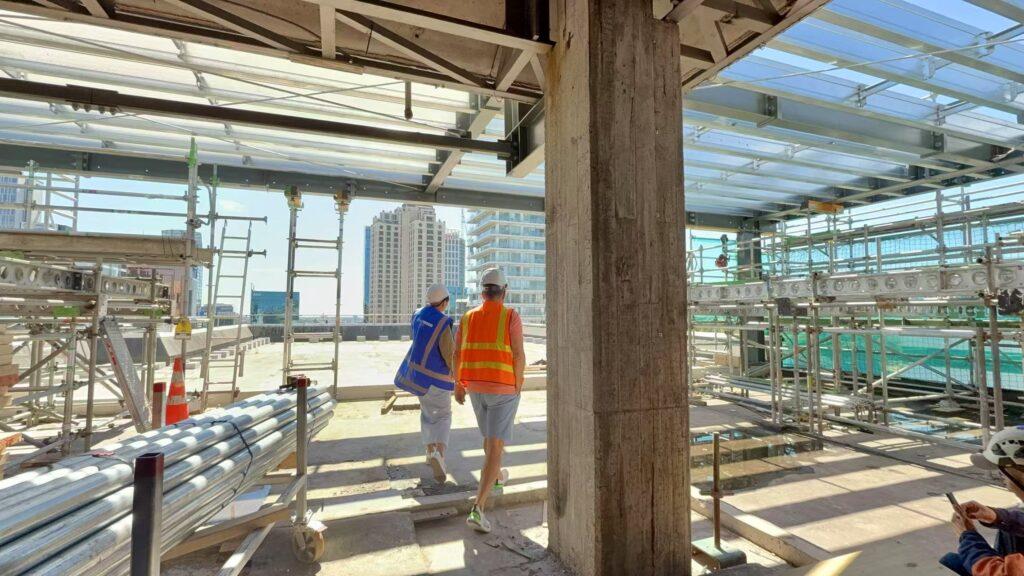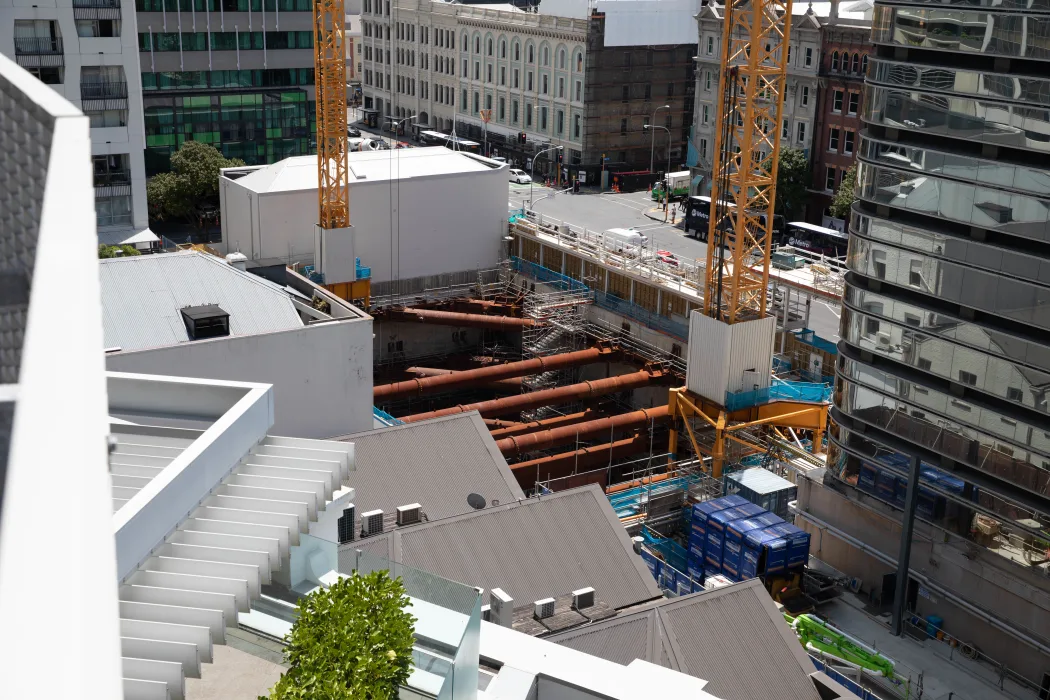New Zealand announced significant policy changes to the Active Investor Plus Visa, aimed at making the country more attractive to high-value investors (read our article here). These changes, effective from 1 April 2025, introduce new investment categories and broaden the scope of acceptable investments, particularly in the property sector. This article delves into the details of these policy changes and their implications for potential property investors.
Introduction to the Active Investor Plus Visa
The Active Investor Plus Visa is designed to attract high-net-worth individuals who are willing to invest money into New Zealand’s economy. The visa offers a pathway to permanent residency for investors who meet specific criteria, including minimum investment amounts and time spent in the country.
Key Policy Changes – a brief recap.
The 2025 policy changes introduce two new investment categories: Growth and Balanced. These categories aim to simplify the investment process and provide more flexibility for investors.
Growth Category:
- Minimum investment: NZD $5 million
- Investment term: 3 years
- Required time in New Zealand: 21 days over the investment term
Balanced Category:
- Minimum investment: NZD $10 million
- Investment term: 5 years
- Required time in New Zealand: 105 days over the investment term
Investors in the Balanced category can reduce their required time in New Zealand by increasing their investment in Growth category assets. For example, an investment of NZD $11 million reduces the required time to 91 days, NZD $12 million to 77 days, and NZD $13 million to 63 days.
Broadened Scope of Acceptable Investments – to include property
One of the most notable changes is the expanded scope of acceptable investments, particularly in the property sector. Under the new policy, property investments are now included in the Balanced category, provided they meet specific criteria:
- New Residential Developments: Investments must contribute to increasing the housing stock in New Zealand. This includes new builds and developments that add value to the housing market.
- Commercial and Industrial Developments: Investments in new or existing commercial or industrial properties are acceptable if they add value, such as through earthquake strengthening or other improvements.
These changes aim to stimulate growth in the property sector and address housing shortages by encouraging investments that increase the availability of residential and commercial properties.

What constitutes an acceptable investment?
For property development to be considered an acceptable investment, applicants must invest in new developments of:
- residential property; or
- commercial property; or
- industrial property; or
Existing commercial or industrial property developments.
If the developments are located on ‘sensitive land’, any investment will only be considered an acceptable if the development / land purchase complies with; or is exempt from the Overseas Investment Act 2005.
Residential property development
The residential property must be a new development on either new or existing sites which contributes to an increase in housing stock available (beyond a single dwelling); and
i. cannot include renovation or extension to existing dwellings; and
ii. the new developments must have all required consents (or consents must have been applied for and accepted by the relevent local authority; and
iii. the purpose of the residential property investments must be to make a commercial return on the open market, including rental returns; and
iv. the property is not available for personal use (by the applicant or by the applicants family or relatives).
Commercial and/or industrial property development(s) is considered to be an acceptable investment if:
i. the property is not residential or for domestic use; and
ii. the property is used for business purposes, in that it is:
- capable of a commercial return; and
- not vacant land unless plans for development have been submitted to regulatory authorities and work has commenced; and
iii. the purpose of the investments must be to:
- make a commercial return on the open market; and
- improve the property, and any associated improvement plans to do so must be submitted to and approved by INZ; and
iv. the applicant (or the applicants family and relatives) cannot reside in the development; and
v. if a new development, the developments must have all required consents (or consents must have been applied for and accepted by the relevent local authority.
Industrial property includes (but is not limited to) warehouses, manufacturing, distribution, and logistical facilities.
Managed funds in property development may be considered an acceptable Balanced Category property investment if the fund;
i. raises funds for residential, commercial, or industrial property development; and
ii. is invested only in New Zealand companies; and
iii. is a managed fund investment product offered by a financial institution; or
iv. is invested in equities or debt and managed on an investor’s behalf by a fund manager or broker.

Key Changes to the Overseas Investment Act
For many Active Investor Plus Applicants considering property investment as a part of their acceptable investment activity, the Overseas Investment Act 2005 (OIA) will have application. This year, the New Zealand Government have announced significant changes to the OIA to make the country more attractive to foreign investors. Here are the key proposed changes to be enacted by the end of 2025:
Reversal of Investment Presumption: The new policy reverses the presumption that investing in New Zealand is a privilege. Instead, the starting point is that investment can proceed unless there is an identified risk to New Zealand’s interests.
Consolidation of Core Tests: The core tests of the Overseas Investment Act (investor test, benefit to New Zealand test, and national interest test) will be consolidated. The default assumption is that an investment can proceed unless risk factors are identified.
Fast-Tracking Assessments: The assessment process will be fast-tracked, with decisions on most investments (excluding residential land, farmland, and fishing quota) made within 15 working days unless the application could be contrary to New Zealand’s national interest.
Government Flexibility: The government retains the flexibility to call in investments for detailed scrutiny on a case-by-case basis and impose conditions or block the investment if there are risks to New Zealand’s national interest.
Encouraging Specific Investments: New ministerial directive letters have been issued to encourage investments in specific areas, such as ‘build-to-rent’ developments.
Implications for Investors
Reduced Compliance Costs and Delays: The changes aim to reduce compliance costs and delays, making New Zealand a more attractive destination for foreign investment.
Increased Investment Opportunities: By making the investment process more straightforward and predictable, New Zealand hopes to attract more foreign direct investment, which can contribute to economic growth and job creation.
Focus on National Interest: While the process is streamlined, the government still retains the ability to intervene if an investment poses a risk to New Zealand’s national interest.
Conclusion
The 2025 changes to the OIO rules represent a significant shift in New Zealand’s approach to foreign investment. By simplifying the investment process and reducing barriers, the country aims to attract more high-value investments while still protecting its national interests.
The March 2025 policy changes to the New Zealand Active Investor Plus Visa represent a significant shift in the country’s approach to attracting high-value investors. By introducing new investment categories, broadening the scope of acceptable investments, and enhancing immigration requirements, New Zealand aims to create a more attractive and accessible environment for foreign investors.
For property investors, these changes offer new opportunities to invest in a growing market while also meeting the requirements for residency. As New Zealand continues to evolve its investment policies, it remains a compelling destination for those looking to make substantial investments and contribute to the country’s economic growth.
These policy changes reflect New Zealand’s commitment to fostering a dynamic and inclusive investment landscape, ensuring that both the country and its investors can thrive in the years to come.
Contact iNZvest for more information.

